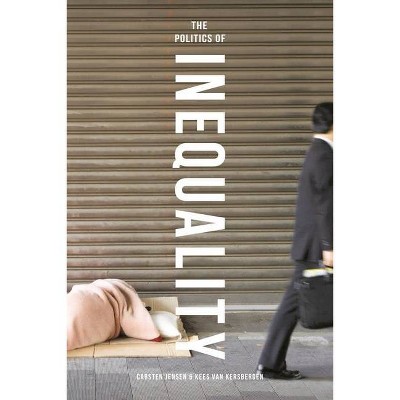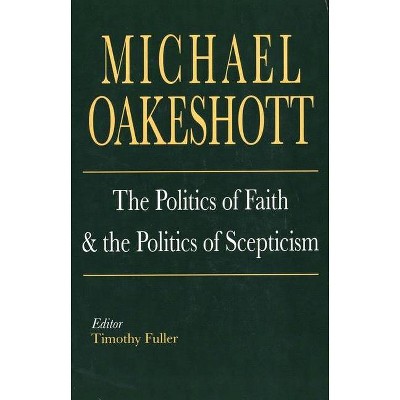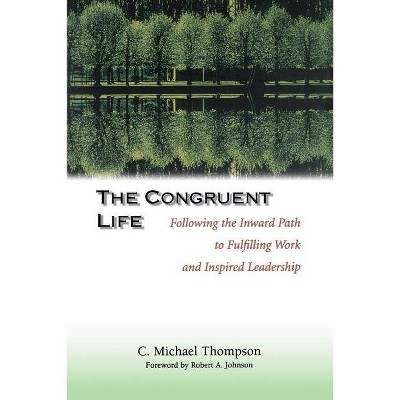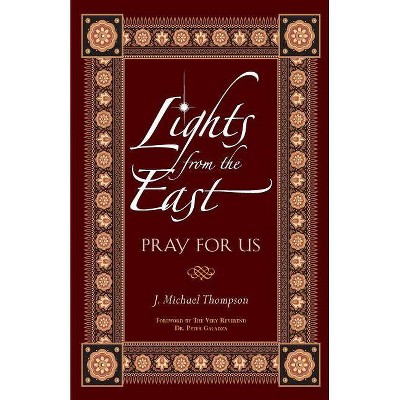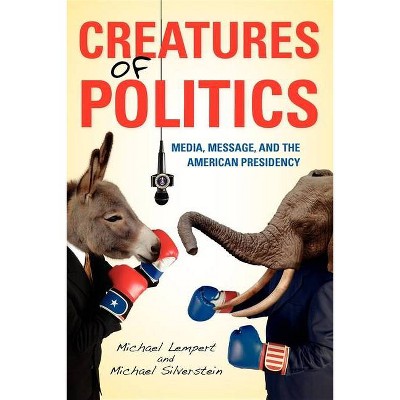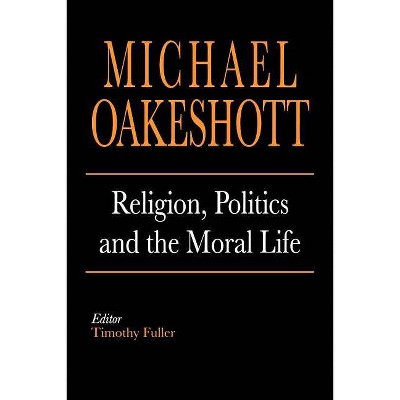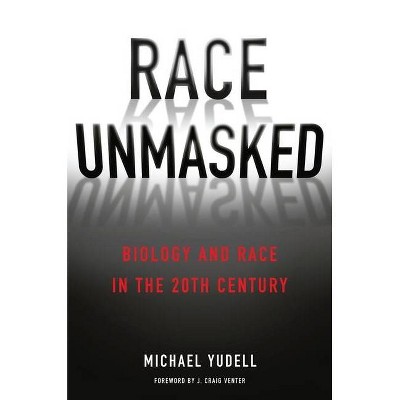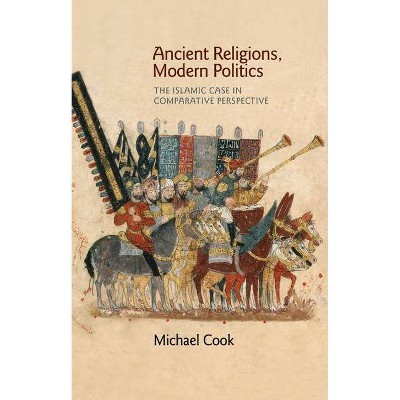The Politics of Inequality - by Michael Thompson (Paperback)
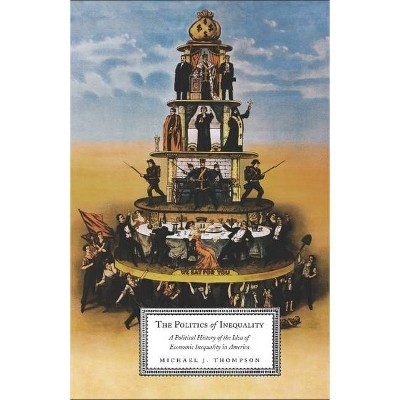
Similar Products
Products of same category from the store
AllProduct info
<p/><br></br><p><b> About the Book </b></p></br></br><P>In this impassioned book, Michael J. Thompson reaches back into America's rich intellectual history to reclaim the politics of inequality from the distortion of recent American conservatism. He begins by tracing the development of the idea of economic inequality as it has been conceived by political thinkers throughout American history. Then he considers the change in ideas and values that have led to the acceptance and occasional legitimization of economic divisions. Thompson argues that American liberalism has made a profound departure from its original practice of egalitarian critique; it has all but abandoned its antihierarchical and antiaristocratic discourse. Only by resuscitating this tradition can democracy again become meaningful to Americans. <P>The intellectuals who pioneered egalitarian thinking in America believed political and social relations should be free from all forms of domination, servitude, and dependency. They wished to expose the antidemocratic character of economic life under capitalism and hoped to prevent the kind of inequalities that compromise human dignity and freedom -- the core principles of early American politics. In their wisdom is a much broader, more compelling view of democratic life and community than we have today, and with this book, Thompson eloquently and adamantly fights to recover this crucial strand of political thought.<p/><br></br><p><b> Book Synopsis </b></p></br></br>Since the early days of the American republic, political thinkers have maintained that a grossly unequal division of property, wealth, and power would lead to the erosion of democratic life. Yet over the past thirty-five years, neoconservatives and neoliberals alike have redrawn the tenets of American liberalism. Nowhere is this more evident than in our current mainstream political discourse, in which the politics of economic inequality are rarely discussed. <p/>In this impassioned book, Michael J. Thompson reaches back into America's rich intellectual history to reclaim the politics of inequality from the distortion of recent American conservatism. He begins by tracing the development of the idea of economic inequality as it has been conceived by political thinkers throughout American history. Then he considers the change in ideas and values that have led to the acceptance and occasional legitimization of economic divisions. Thompson argues that American liberalism has made a profound departure from its original practice of egalitarian critique. It has all but abandoned its antihierarchical and antiaristocratic discourse. Only by resuscitating this tradition can democracy again become meaningful to Americans. <p/>The intellectuals who pioneered egalitarian thinking in America believed political and social relations should be free from all forms of domination, servitude, and dependency. They wished to expose the antidemocratic character of economic life under capitalism and hoped to prevent the kind of inequalities that compromise human dignity and freedom-the core principles of early American politics. In their wisdom is a much broader, more compelling view of democratic life and community than we have today, and with this book, Thompson eloquently and adamantly fights to recover this crucial strand of political thought.<br> In this impassioned book, Michael J. Thompson reaches back into America's rich intellectual history to reclaim the politics of inequality from the distortion of recent American conservatism. He begins by tracing the development of the idea of economic inequality as it has been conceived by political thinkers throughout American history. Then he considers the change in ideas and values that have led to the acceptance and occasional legitimization of economic divisions. Thompson argues that American liberalism has made a profound departure from its original practice of egalitarian critique; it has all but abandoned its antihierarchical and antiaristocratic discourse. Only by resuscitating this tradition can democracy again become meaningful to Americans. <p/>The intellectuals who pioneered egalitarian thinking in America believed political and social relations should be free from all forms of domination, servitude, and dependency. They wished to expose the antidemocratic character of economic life under capitalism and hoped to prevent the kind of inequalities that compromise human dignity and freedom--the core principles of early American politics. In their wisdom is a much broader, more compelling view of democratic life and community than we have today, and with this book, Thompson eloquently and adamantly fights to recover this crucial strand of political thought.<p/><br></br><p><b> Review Quotes </b></p></br></br><br>[A] sweeping intellectual history... Recommended.--CHOICE<br><br>This is an important and original work, subtle and sophisticated in its analysis and unique in its scope.--Philip Green, professor of political science, New School University<br><br>Thompson provides a great service in revisiting--and reviving--the tradition of seeing extreme economic inequality and democracy as incompatible.--Daniel Brook "The Nation "<br><p/><br></br><p><b> About the Author </b></p></br></br>Michael J. Thompson is assistant professor of political science at William Paterson University. His articles have appeared in <i>New Political Science</i>, <i>Review for Radical Political Economics</i>, <i>Critical Sociology</i>, <i>New Politics</i>, <i>Owl of Minerva</i>, <i>European Journal of Social Theory</i>, and <i>Philosophy and Literature</i>. He is the founder and editor of <i>Logos: A Journal of Modern Society and Culture</i> and the editor of <i>Islam and the West: Perspectives on Modernity</i> as well as <i>Confronting the New Conservatism: The Rise of the Right in America</i>.
Price History
Cheapest price in the interval: 32 on November 8, 2021
Most expensive price in the interval: 32 on December 20, 2021
Price Archive shows prices from various stores, lets you see history and find the cheapest. There is no actual sale on the website. For all support, inquiry and suggestion messages communication@pricearchive.us
